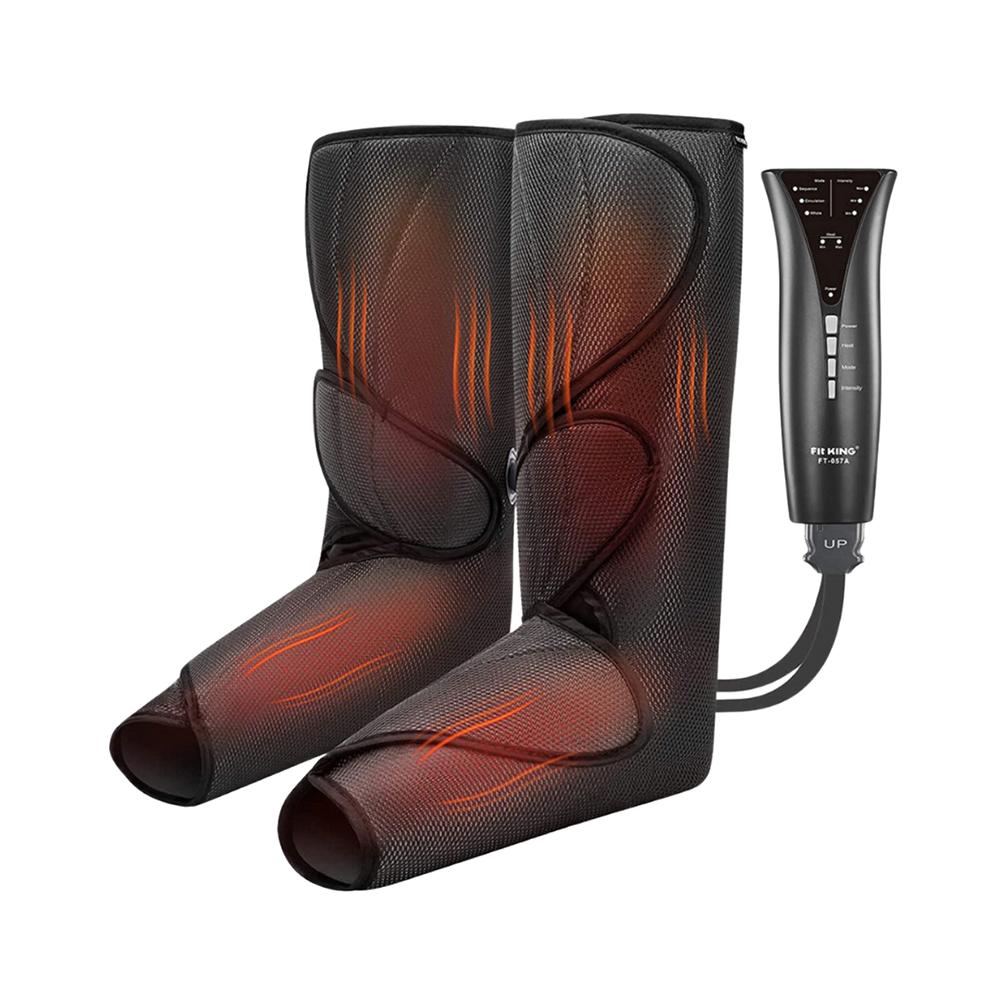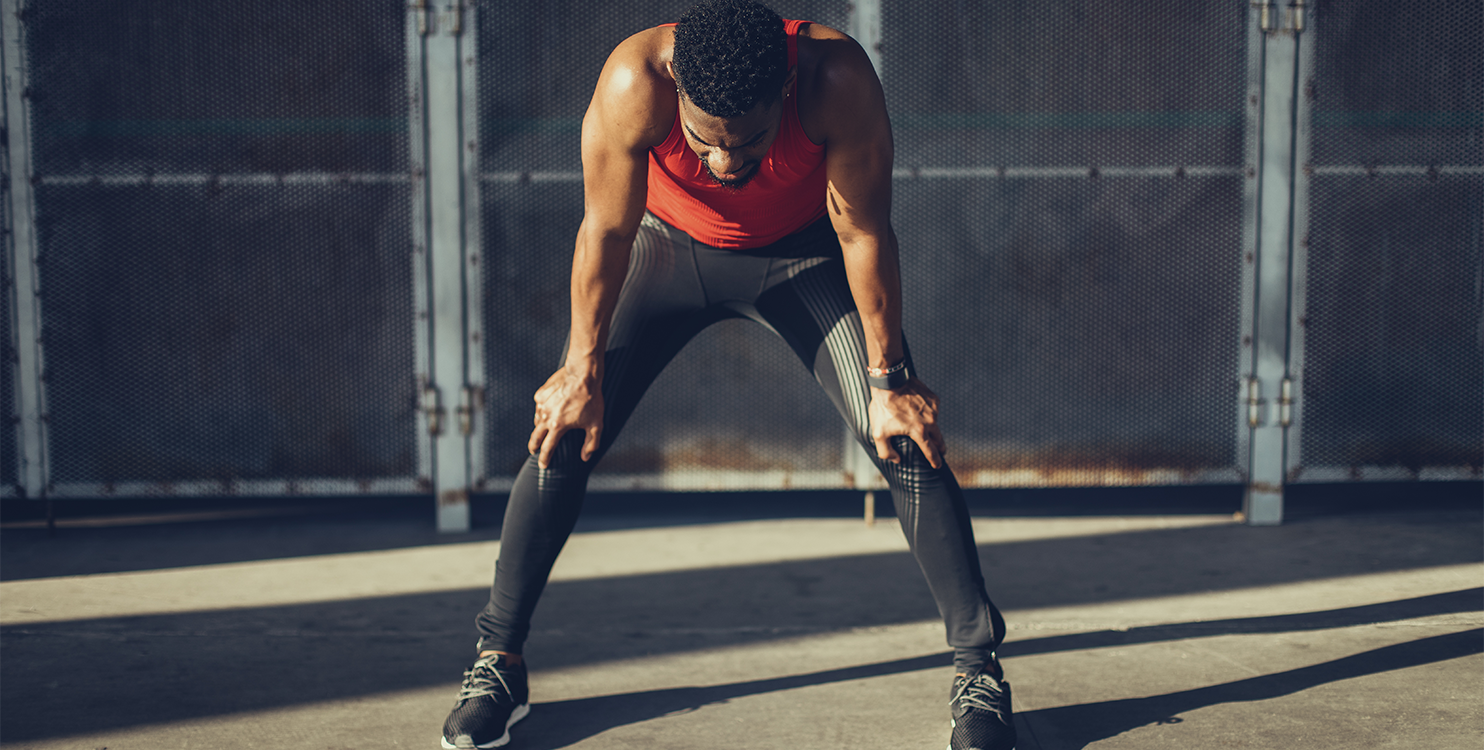Sports injuries are a common occurrence, whether you are a professional athlete or a weekend warrior. They can range from minor strains and sprains to more serious injuries like fractures or torn ligaments. Regardless of the severity of your injury, it is important to take the time to properly understand what happened and what steps you need to take to recover.
First, it is important to consult with a medical professional to get an accurate diagnosis of your injury. Once you know the extent of the damage, you can then begin to develop a rehabilitation plan that is tailored to your specific needs. This may involve physical therapy, rest, or even surgery in some cases.
- Rest and Recovery
One of the most important aspects of recovering from a sports injury is allowing your body time to rest and heal. This may mean taking a break from your usual exercise routine or avoiding certain activities that could aggravate your injury. It is important to listen to your body and not push yourself too hard too soon.
In addition to rest, incorporating other forms of recovery into your routine can help speed up the healing process. This may include things like icing the injured area, using compression wraps or practicing gentle stretching exercises to improve flexibility and range of motion.
- Physical Therapy and Rehabilitation
Once your healthcare provider gives you the green light to start moving again, physical therapy and rehabilitation will play a crucial role in your recovery. Working with a qualified physical therapist will help you regain strength, flexibility, and mobility in the injured area.
Your physical therapist will create a customized treatment plan that may include exercises, stretches, and manual therapy techniques to help you recover faster and prevent future injuries. Consistency and commitment to your rehabilitation program are key to a successful recovery.
- Nutrition and Hydration
Proper nutrition and hydration are essential components of a successful rehabilitation process. Eating a balanced diet rich in vitamins, minerals, and protein will help your body heal faster and rebuild muscle tissue. Stay hydrated by drinking plenty of water throughout the day to aid in the recovery process.
Avoid junk food, excess sugar, and alcohol, as these can hinder your body's ability to heal and repair itself. Consult with a nutritionist or healthcare provider for personalized dietary recommendations to support your recovery.
- Mental and Emotional Support
Recovering from a sports injury can take a toll on your mental and emotional well-being. It's normal to feel frustrated, angry, or depressed during this time, but it's essential to stay positive and focused on your rehabilitation goals.
Seek support from friends, family, or a mental health professional to help you navigate the emotional ups and downs of the recovery process. Stay engaged with your sport by watching games, reading articles, or volunteering with your team to maintain a sense of connection and motivation.
- Gradual Return to Sports and Preventing Future Injuries
As you progress through your rehabilitation program, it's important to listen to your body and avoid rushing back into your sport too soon. Gradually reintroduce sport-specific activities and exercises to avoid re-injury. Work closely with your physical therapist and coach to create a safe and effective return-to-sport plan.
Once you have fully recovered from your sports injury, it's crucial to take steps to prevent future injuries. This includes maintaining a regular stretching and strengthening routine, using proper recovery equipment, warming up before physical activity, and listening to your body's signals of pain or discomfort. Additionally, consider working with a sports medicine specialist to address any underlying issues that may increase your risk of injury.
Recovering from a sports injury can be a challenging and frustrating experience, but with the right approach and mindset, you can successfully rehabilitate and get back to doing what you love. By understanding your injury, giving your body time to rest and heal, committing to physical therapy, and prioritizing nutrition and hydration, you can speed up the recovery process and prevent future injuries. Remember to stay patient and trust the process, and you will be back on the field or court in no time.













Leave a comment
This site is protected by hCaptcha and the hCaptcha Privacy Policy and Terms of Service apply.